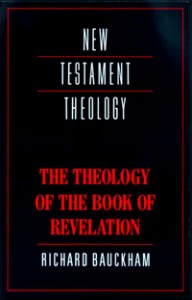This morning I preached a sermon at Grace on Matthew 12 called Sacred Cows. Jesus and his disciples were walking through a grainfield on the Sabbath, and because they were hungry, his disciples picked some heads of grain and ate them. The Pharisees, who enforced strict Sabbath-keeping laws, were incensed by their irreverence for the Sabbath, which had become the theological symbol of Moses’ law and the litmus test for Jewish faithfulness. The Sabbath had become a sacred cow for the Pharisees, and Jesus and his disciples were, in a sense, kicking the cow. He responded to their outcry with a bold claim: The Son of Man is Lord of the Sabbath.
We all have sacred cows, the things that have become primary identity markers, or litmus tests of faithfulness. It could be any number of things, including politics, our family, an ideology, or even the Bible. But when Jesus declared himself Lord of the Sabbath, he made the powerful statement that he is greater than all of our sacred cows. He is the Lord of all of our sacred identity markers and theological litmus tests. When any of these things come into conflict with him – as they did through the hunger of his disciples in that grainfield – we must choose him. We cannot serve two masters; we cannot serve both God and Sabbath.
If you’ve been holding onto something the way the Pharisees held onto the Sabbath, it’s time to let go. You’re crushing it under the weight of your expectations and demands. What the Pharisees should have done, and what we need to do, is to remind ourselves of this truth and live in it daily: Jesus is greater than. Because when you get that right, Jesus can do to the Bible, and to your family, and to your politics what he did to the Sabbath – he can redeem it from a dead list of dos and don’ts and transform it into something that breathes life into your spirit, sustains your soul, and brings healing and freedom to your whole being.

